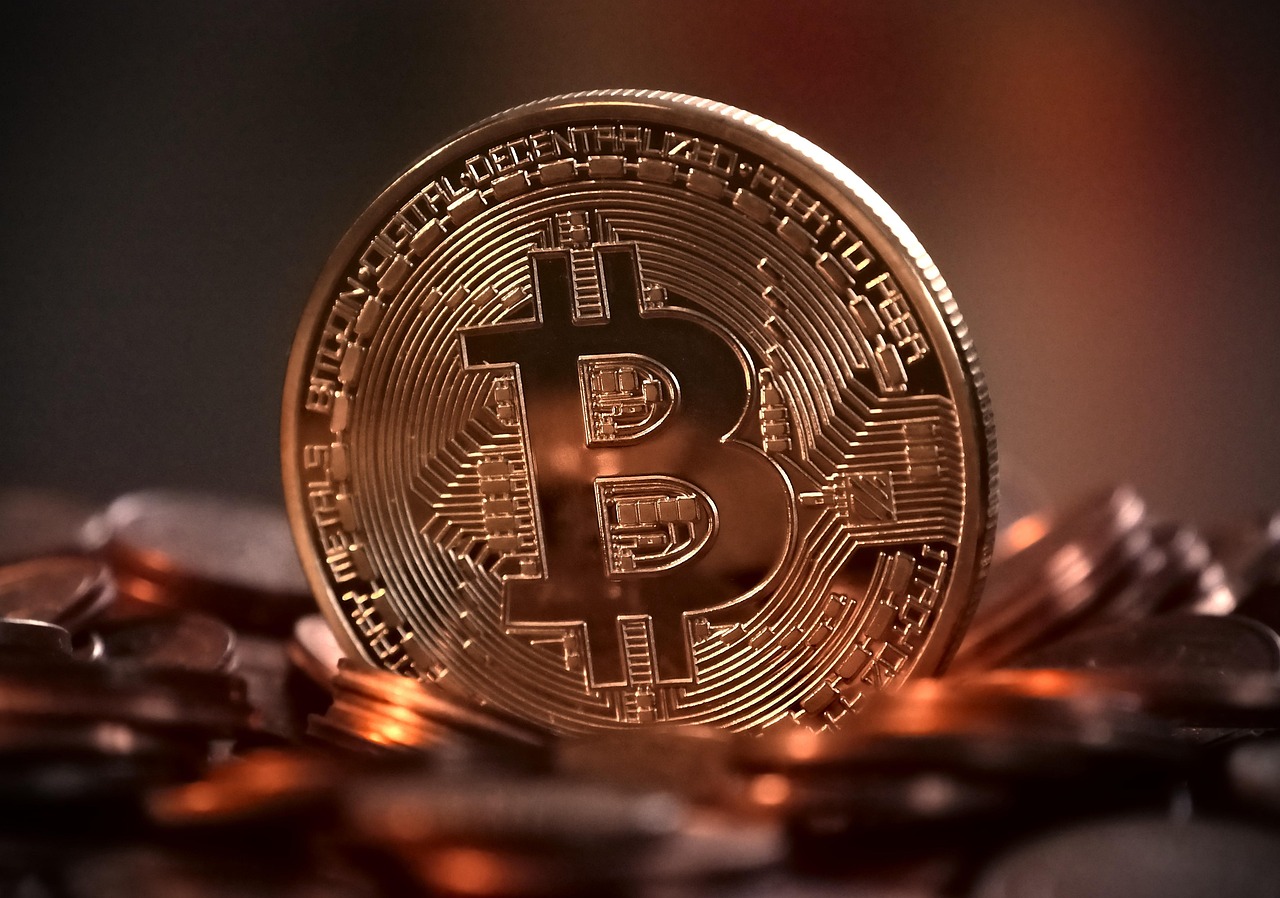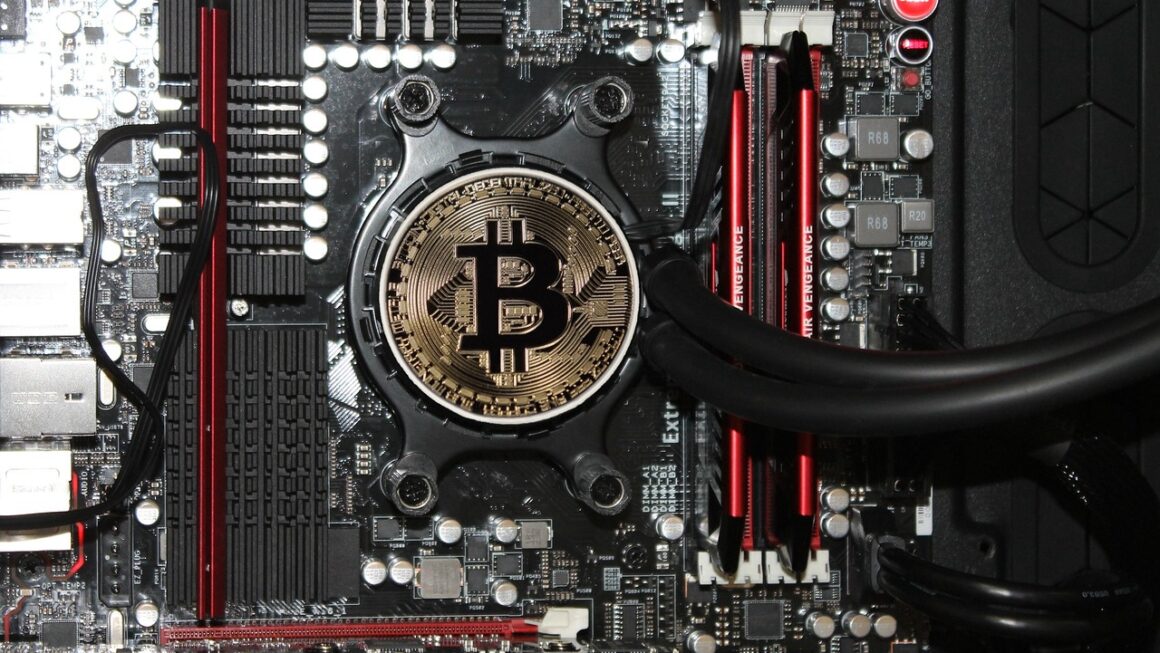Bitcoin: Unlocking the World of Decentralized Digital Currency
Bitcoin. The word alone evokes images of digital gold, revolutionary technology, and the future of finance. But what exactly is Bitcoin? More importantly, why should you care? This blog post will delve into the intricacies of Bitcoin, exploring its history, technology, usage, and potential impact on the world. Whether you’re a curious newcomer or a seasoned crypto enthusiast, this guide aims to provide a comprehensive understanding of the leading cryptocurrency.
What is Bitcoin? A Deep Dive
The Genesis of Bitcoin
Bitcoin, often abbreviated as BTC, is a decentralized digital currency, meaning it’s not controlled by a central bank or single administrator. It was created in 2008 by an unknown person or group of people using the pseudonym Satoshi Nakamoto, who published a whitepaper outlining the design and functionality of the cryptocurrency. The first Bitcoin transaction occurred in January 2009, marking the birth of a new era in finance.
Understanding the Blockchain Technology
At its core, Bitcoin relies on blockchain technology, a distributed, public ledger that records all transactions. This ledger is secured by cryptography, making it extremely difficult to tamper with or censor. Here’s how it works:
- Transactions: When you send Bitcoin, the transaction is broadcast to the Bitcoin network.
- Mining: Miners, who are participants in the network, verify and bundle these transactions into blocks.
- Block Creation: Miners compete to solve complex cryptographic puzzles to add new blocks to the blockchain.
- Consensus: Once a block is added, it becomes a permanent and immutable part of the blockchain.
This decentralized and transparent process ensures the integrity and security of the Bitcoin network.
Key Features of Bitcoin
Bitcoin boasts several unique features that set it apart from traditional currencies:
- Decentralization: No single entity controls Bitcoin, making it resistant to censorship and manipulation.
- Transparency: All transactions are publicly recorded on the blockchain.
- Limited Supply: There will only ever be 21 million Bitcoins, creating scarcity and potentially driving up its value.
- Security: Cryptographic techniques secure the Bitcoin network, making it difficult to hack or counterfeit.
- Global Accessibility: Bitcoin can be sent and received anywhere in the world with an internet connection.
How to Acquire and Store Bitcoin
Purchasing Bitcoin
Acquiring Bitcoin is relatively straightforward. Several platforms facilitate buying, selling, and trading Bitcoin. Some popular options include:
- Cryptocurrency Exchanges: Coinbase, Binance, Kraken, and Gemini are examples of established exchanges where you can buy Bitcoin using fiat currency (e.g., USD, EUR).
- Peer-to-Peer Platforms: LocalBitcoins and Paxful connect buyers and sellers directly, offering greater flexibility but potentially higher risk.
- Bitcoin ATMs: These ATMs allow you to purchase Bitcoin using cash or a debit card, often with higher fees.
Example: Imagine you want to buy $100 worth of Bitcoin. You would create an account on Coinbase, verify your identity, link your bank account, and then purchase $100 worth of BTC at the current market price. Transaction fees will apply.
Understanding Bitcoin Wallets
A Bitcoin wallet is a software program or hardware device that stores your private keys, allowing you to access and manage your Bitcoin. Different types of wallets offer varying levels of security and convenience:
- Software Wallets (Hot Wallets): These wallets are apps on your computer or smartphone and are convenient for everyday use. Examples include Exodus, Electrum, and Trust Wallet. They are connected to the internet, making them more vulnerable to hacking.
- Hardware Wallets (Cold Wallets): These are physical devices that store your private keys offline, providing the highest level of security. Ledger and Trezor are popular hardware wallet brands.
- Paper Wallets: These involve printing your private and public keys on a piece of paper and storing it securely offline. They are susceptible to physical damage or loss.
- Exchange Wallets: Storing your Bitcoin on a cryptocurrency exchange is convenient for trading but carries the risk of the exchange being hacked or going bankrupt.
Tip: For long-term storage, consider using a hardware wallet to minimize the risk of your Bitcoin being compromised.
Using Bitcoin in the Real World
Transactions and Payments
Bitcoin can be used to make payments for goods and services, although its adoption varies widely. Some online retailers, such as Overstock and Newegg, accept Bitcoin directly. Additionally, services like BitPay allow businesses to accept Bitcoin payments and convert them to fiat currency.
Example: Imagine buying a new laptop from Overstock.com. You would select Bitcoin as your payment method, and the website would provide you with a Bitcoin address and the exact amount of BTC to send. Your wallet would then send the Bitcoin to that address, completing the transaction.
Bitcoin as an Investment
Bitcoin has gained significant attention as an investment asset. Its price has been highly volatile, but it has also demonstrated substantial long-term growth potential. Investors view Bitcoin as:
- A Store of Value: Similar to gold, Bitcoin is seen as a hedge against inflation and economic uncertainty.
- A Diversification Tool: Adding Bitcoin to a portfolio can potentially reduce overall risk.
- A Speculative Asset: The potential for high returns attracts investors seeking aggressive growth.
Important Note: Investing in Bitcoin carries significant risk. It’s crucial to conduct thorough research and understand the market before investing any money. Only invest what you can afford to lose.
Remittances and International Transfers
Bitcoin can facilitate faster and cheaper international money transfers compared to traditional methods like bank transfers or wire services. This is particularly beneficial for people sending money to family members in other countries. Services like Strike leverage the Bitcoin network to offer near-instant and low-fee remittances.
Example: Sending $100 to a friend in another country using a bank transfer can take several days and incur hefty fees. Using Bitcoin, the transaction can be completed in minutes with minimal fees.
The Future of Bitcoin and its Challenges
Scalability Issues
Bitcoin’s blockchain can process a limited number of transactions per second, leading to congestion and higher transaction fees during peak periods. The Bitcoin community has been working on various scaling solutions, including:
- Layer-2 Solutions: The Lightning Network is a layer-2 protocol that enables faster and cheaper Bitcoin transactions by creating off-chain payment channels.
- Increased Block Size: Increasing the block size would allow more transactions to be included in each block, but this has been a controversial topic within the Bitcoin community.
Regulatory Uncertainty
The regulatory landscape surrounding Bitcoin is constantly evolving. Different countries have taken different approaches, ranging from outright bans to supportive frameworks. This regulatory uncertainty can create challenges for Bitcoin adoption and innovation.
Environmental Concerns
Bitcoin mining requires significant energy consumption, primarily due to the computational power needed to solve cryptographic puzzles. Concerns about the environmental impact of Bitcoin mining have led to discussions about using renewable energy sources and developing more energy-efficient mining technologies.
Volatility and Security Risks
Bitcoin’s price volatility can be a significant deterrent for some users and investors. Additionally, the Bitcoin network is vulnerable to attacks, such as 51% attacks, although these are rare. Users must also be vigilant about protecting their private keys to prevent theft.
Conclusion
Bitcoin represents a groundbreaking innovation in the world of finance. Its decentralized nature, transparent blockchain, and limited supply have captured the attention of individuals and institutions alike. While Bitcoin faces challenges related to scalability, regulation, and environmental impact, its potential to revolutionize payments, investment, and international money transfers remains significant. Understanding the intricacies of Bitcoin is essential for anyone seeking to navigate the evolving landscape of digital currencies. By learning about its underlying technology, acquisition methods, real-world uses, and future challenges, you can make informed decisions and potentially benefit from the opportunities that Bitcoin presents. Remember to always conduct thorough research and exercise caution when investing in or using Bitcoin.
Read our previous article: Beyond Unicorns: Tech Startup Realities Unveiled




